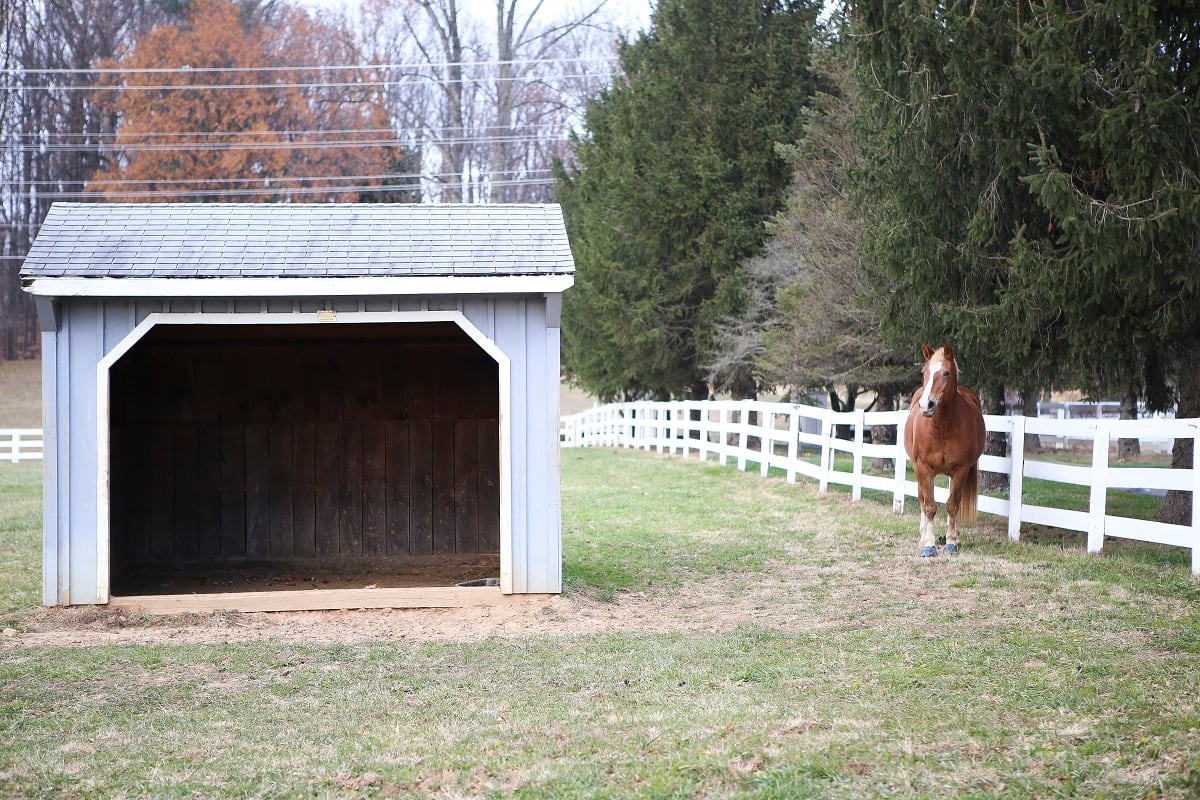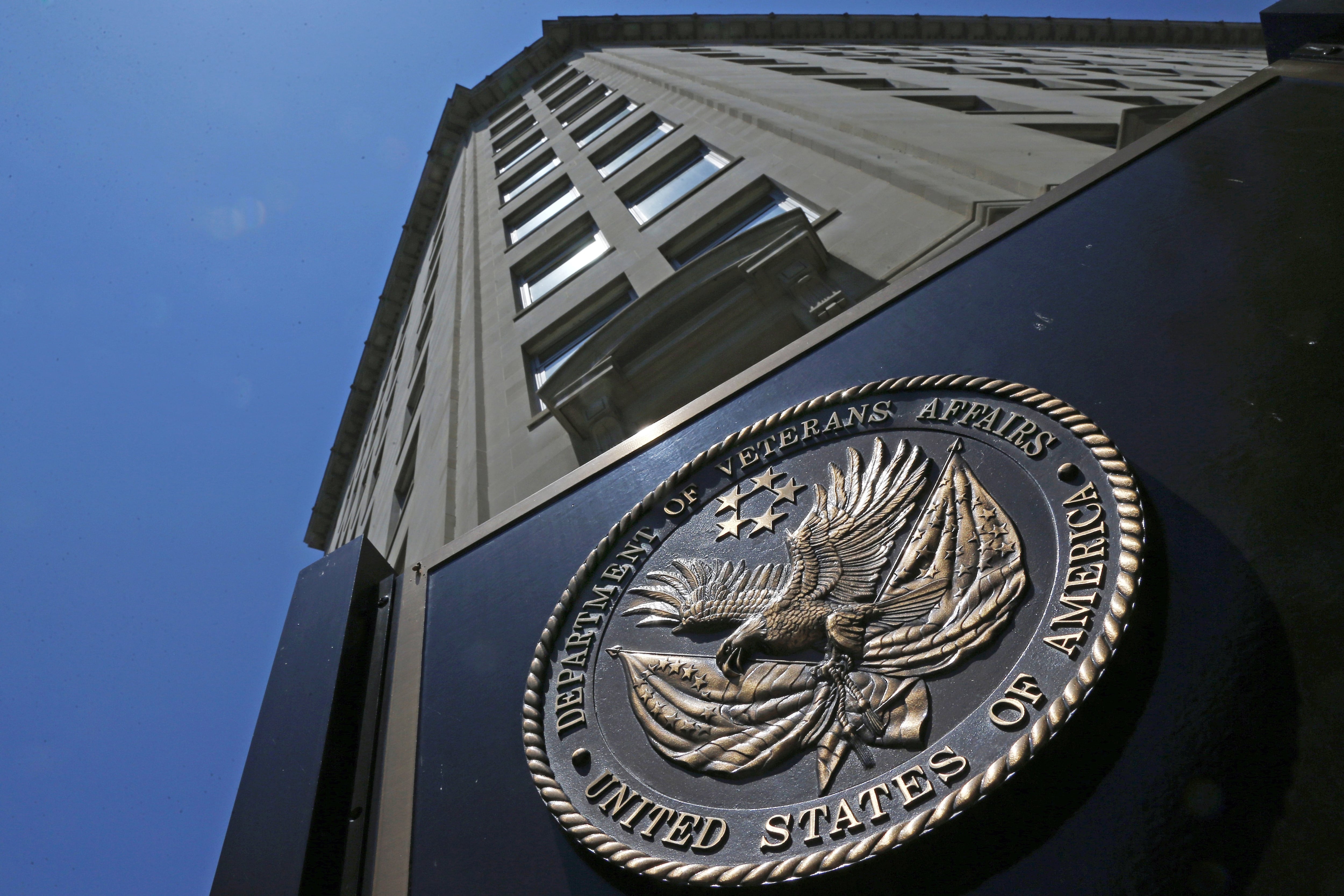ENFIELD, Conn. — Connecticut prison inmate Daniel Elliot says he didn’t feel comfortable talking about his problems until he met Hank and Sparky — who happen to be horses.
Elliot suffered a traumatic brain injury during an accident while serving on an attack submarine in the Navy. He is serving time for a 2017 arson, which he says he committed in an effort to kill himself inside his Norwich apartment.
Elliot is housed in a special 110-bed unit for military veterans that was set up in 2015 at the Willard-Cybulski Correctional Institution in Enfield. He is among a handful of those vets chosen to take part in the new equine-assisted psychotherapy sessions.
The 10-week program, dubbed "Operation Warrior Horse," has the inmates meeting in the prison yard with therapists and interacting with the horses once a week for two hours.
RELATED

Elliot, 31, says the program, run at no charge to the state by the group Healing Hoofbeats of CT, calms him, has helped him open up about his problems and gives him something to look forward to each week.
"If I'm having a bad day, going through something that is a little more stressing, I show it to the horses and they react, they let me know it's going to be OK," he said. "Last time I told Sparky, 'I think it's going to be all right,' and he gave me a big toothy smile."
The pilot program is in its seventh week.
Renee Bouffard, of Healing Hoofbeats, said the therapy is based on the idea that relationships are at the core of everything, good or bad, that happens in someone's life.
"So when we need to heal from past experiences, we do so through creating and maintaining healthy and mutually beneficial relationships with the horses," she said. "Learning how to do this allows our brains to form new neuropathways and people take the knowledge of what it feels like to form these relationships and how to go about doing so into their lives outside the farm.

Aesha Nu'min, the department's counselor supervisor for the unit, said while there are other prisons across the nation that offer forms of equine therapy, this is the first such program to be tailored to the needs of military veterans in prison.
“It helps with emotional regulation, self-awareness and PTSD,” she said. “I know it sounds crazy, but the horses are actually hypersensitive and can feel what you’re giving off. The inmates learn trust, non-verbal communication, the body language they are giving off. The horses will actually nudge you away if you don’t have good energy.”
Correction Commissioner Rollin Cook said he hopes to expand the program, which is paid for entirely through donations, to other prisons.
Cook said he knows there will be some who will question whether prisons should be a place where inmates are allowed to play with horses.
But he said those people are missing the point.
“The incarceration is the punishment,” he said. “It is our job, while they are here, to help them. And this is one way we can do it. You can label these people as inmates. But a more accurate title is human being. And these are human beings who have served our country, suffer from trauma and need our help.”
RELATED





